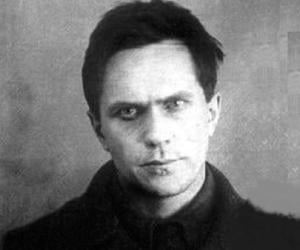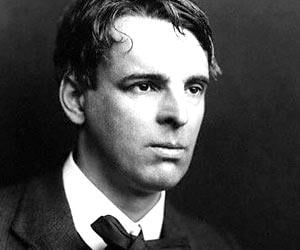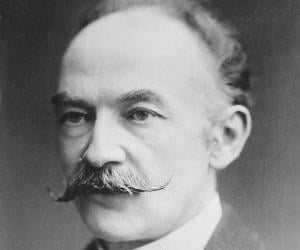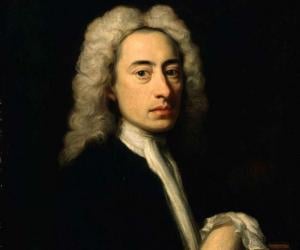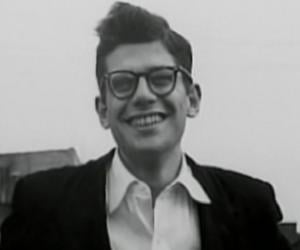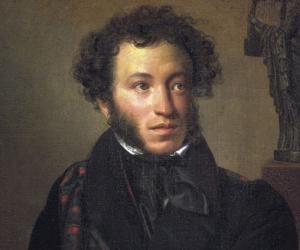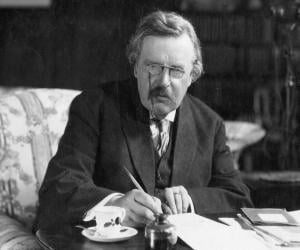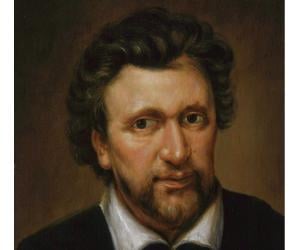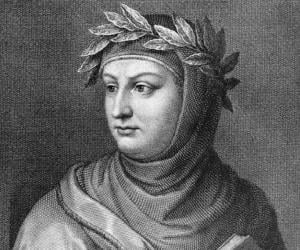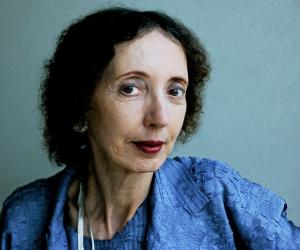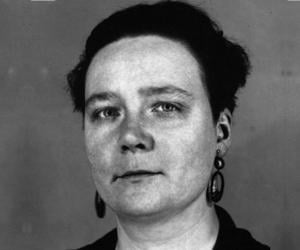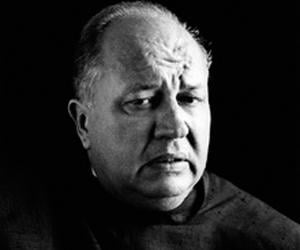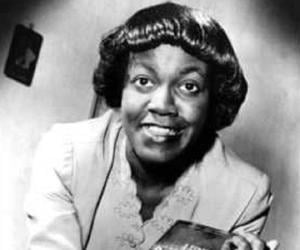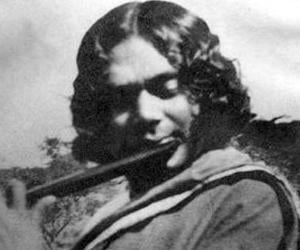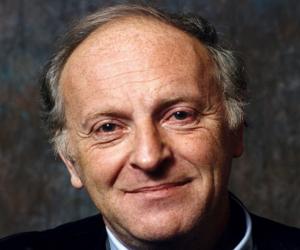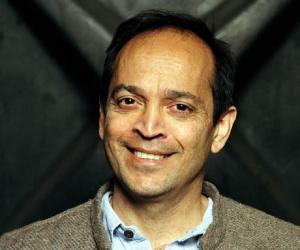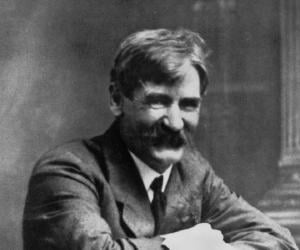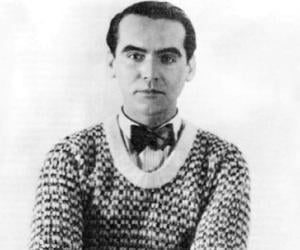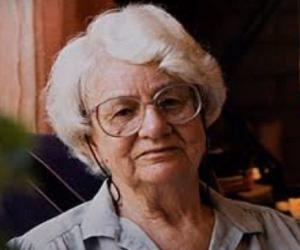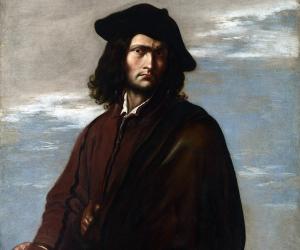Walt Whitman was an American poet, journalist, and essayist. Also a humanist, Whitman played a crucial role in the shift between transcendentalism and realism. Often referred to as the father of free verse, Whitman is one of the most influential American poets of all time. Several decades after his death, Walt Whitman's poetry remains influential.
Alexander Pope was a satirist and poet whose works produced during the Augustan period made him one of the greatest artistic exponents of that period. Widely regarded as one of the most important English poets of the 18th century, Alexander Pope is best remembered for writing discursive poetry and heroic couplets.
Gilbert K. Chesterton was an English writer, philosopher, and art critic. A prolific writer, he composed around 80 books, hundreds of poems, around 200 short stories, and 4,000 essays. Often referred to as the "prince of paradox", he had as many detractors as he had admirers. He is considered a successor to Victorian authors like Matthew Arnold and John Ruskin.
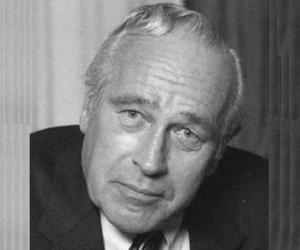
Giovanni Boccaccio was an Italian poet, writer, and correspondent of Petrarch. An important Renaissance humanist, Boccaccio was also one of the most prominent personalities of 14th-century European literature. A versatile writer, Giovanni Boccaccio is often viewed as the most important European prose writer of his generation. His works influenced popular personalities like Geoffrey Chaucer and Miguel de Cervantes.
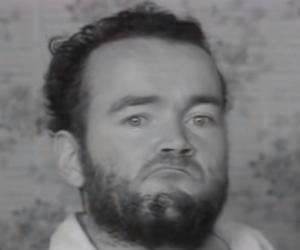
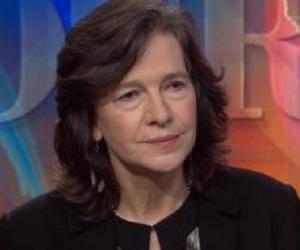
The Rebel Poet of Bengal Kazi Nazrul Islam is remembered for his vast body of literary work, including poems and songs written during the British Raj, mostly laced with socio-political overtones. His songs, known as Nazrul Geeti, are the staple for any Bengali household. He is also Bangladesh’s national poet.
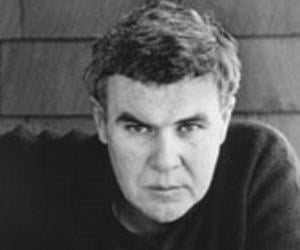
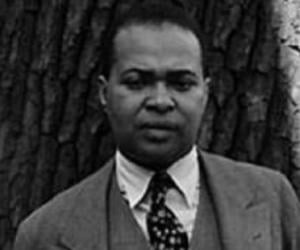
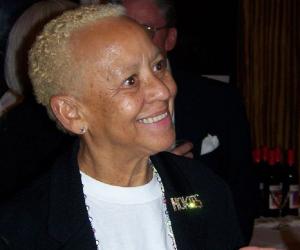
Vikram Seth is an Indian poet and novelist. He is credited with increasing the readership of the English language in India. A revered and celebrated writer, Vikram Seth has been honored with several prestigious awards, such as the Sahitya Academy Award, WH Smith Literary Award, Pravasi Bharatiya Samman, Crossword Book Award, Padma Shri, Commonwealth Poetry Prize, and Commonwealth Writers Prize.
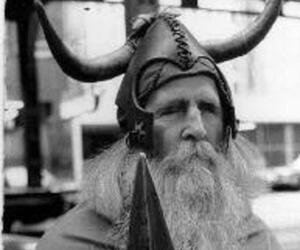
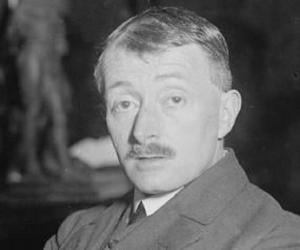
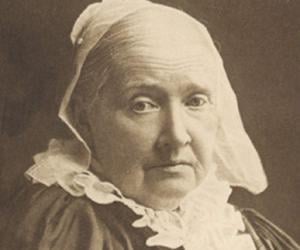
Henry Lawson was an Australian bush poet and writer. Often referred to as Australia's greatest short story writer, Lawson is one of the best-known Australian fiction writers and poets of the colonial period. Also a nationalist, Henry Lawson contributed immensely to a popular Australian magazine named The Bulletin. In 1949, he was featured in an Australian postage stamp.

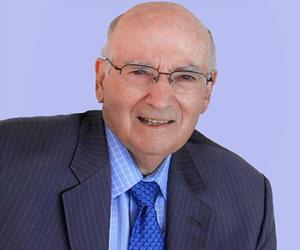
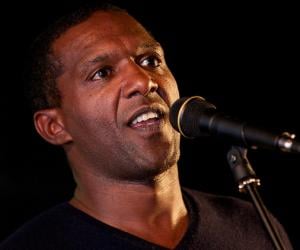

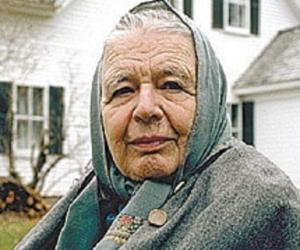
Belgian-born French novelist Marguerite Yourcenar, who later settled in the US, is best remembered for her award-winning works such as Mémoires d'Hadrien. She was also the first female member to be elected to the Académie Française. She used an anagram of her original last name, Crayencour, as her surname.
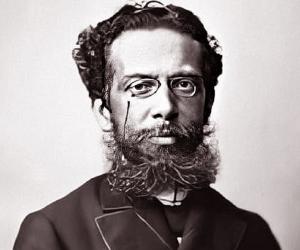
Joaquim Maria Machado de Assis was a Brazilian novelist, playwright, poet, and short-story writer. Hailing from a family of freed slaves, he had a difficult childhood that he overcame to become a famous writer. He founded the Brazilian Academy of Letters and became the organization’s first president. He is credited with having shaped the realism movement in Brazil.
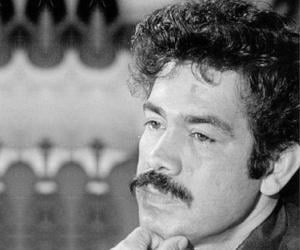
Federico García Lorca was a Spanish poet, playwright, and theater director. He was a prominent member of the Generation of '27, a group of poets who essentially worked with avant-garde forms of art and poetry. He was homosexual and had a love affair with sculptor Emilio Aladrén. He mysteriously disappeared at the beginning of the Spanish Civil War.

Born to a banker in Toronto, Anne Carson grew up to study Classics and later taught at institutes such as Princeton University. Her signature style consists of a mix of prose and poetry. One of her notable works, Autobiography of Red: A Novel in Verse, was inspired by Greek mythology.
Judith Wright was an Australian environmentalist, poet, and campaigner for Indigenous land rights. Wright is credited with founding one of the earliest environmental conservation movements in Australia. Best remembered for her poetry skills, Judith Wright won the prestigious Christopher Brennan Award in 1976. In 1991, she was honored with the Queen's Gold Medal for Poetry.

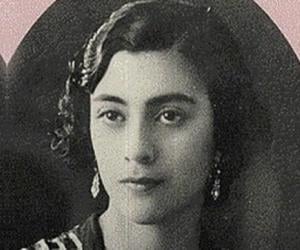
Mexican poet and author Rosario Castellanos was one of the most prominent literary voices of Mexico and perhaps the most significant Mexican woman writer of the last century. Her literary work on cultural and gender oppression has greatly influenced Mexican feminist theory and cultural studies. Her notable works include her master’s thesis, Sobre cultura femenina and the poem Valium 10.
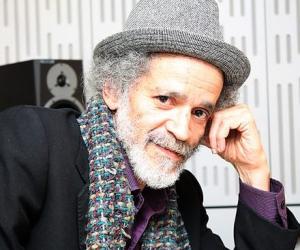
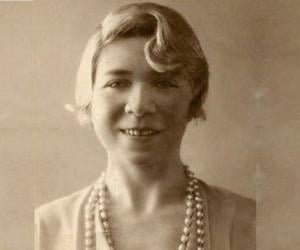
Alfonsina Storni was an Argentine playwright and poet of the modernist period. She was one of the first women to find success in the Argentine literature and theater scene, which were dominated by men. Her literary works not only inspired her readers but also inspired other writers.
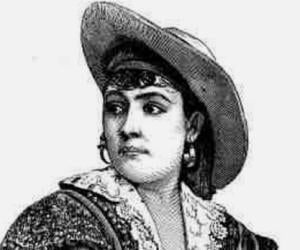
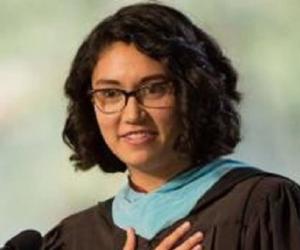

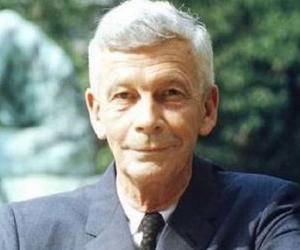
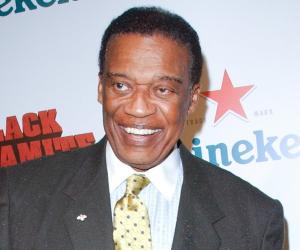
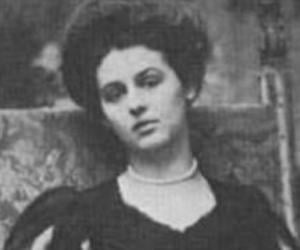
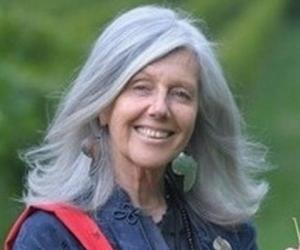
Born to Italian writer Cino Boccazzi, Kuki Gallmann later moved to Kenya with her husband and son, both of whom she lost in separate accidents. Taking up Kenyan citizenship, she focused on ecological conservation. He bestselling book I Dreamed Of Africa was later made into a movie.
Baroque painter and poet Salvator Rosa was born near Naples, to a land surveyor father, who wanted him to become a priest or a lawyer. However, Rosa deviated to art. Initially devoted to landscapes, he later focused on religious art. He is remembered as a pioneer of the Neapolitan school.
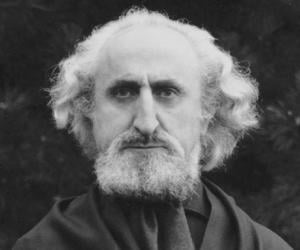
Swiss-born German philosopher and metaphysician Frithjof Schuon was a major figure of the Traditionalist School of thought. He also propagated Religio Perennis and wrote extensively about his belief in God, the absolute principle. Most of his work was penned in French and very few in his mother tongue, German.
